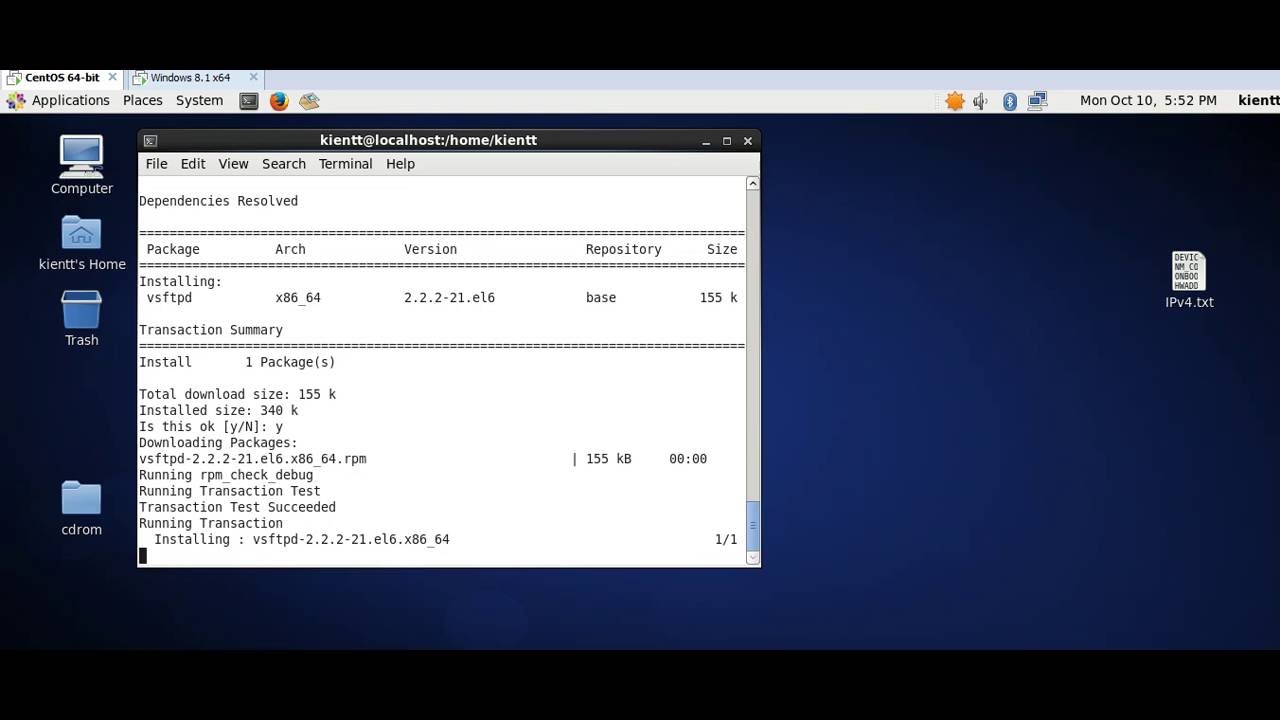

In particular, passwords generated by pwgen without the -s option should not be used in places where the password could be attacked via an off-line brute-force attack. Human-memorable passwords are never going to be as secure as completely completely random passwords. Having completed this guide, you are now able to generate random passwords using both the tool pwgen as well as the built-in Linux/Unix file /dev/urandom.The pwgen program generates passwords which are designed to be easily memorized by humans, while being as secure as possible. More information about the command-line options for pwgen can be found in its man page either online or accessible via: The output respectively will change to show the three passwords: In the case that you want to output more than one password, simple change the value 1 to any other number, for example 3, to receive three generated passwords: The result will now be a single password that has 20 characters: In the case that you want a password that is a different amount of characters, such as rather 20 (or any other number), you can modify the amount of characters output such as in this example to output a 20-character long random password: Note the inclusion of special characters suchas # or +: To make your passwords more secure, you can add special characters using the flag -y as part of the above command such as this:Īdding the special character flag creates passwords like this instead of the above. This command results in a password that looks like this: The -s flag ensures that the password created is truly random, the value 10 states how many characters long the password should be, and the value 1 represents the number of passwords we want to output: To create a single random password that is ten characters (uppercase/lowercase letters and numbers), execute this command. When using pwgen, the basic structure of the command is as following:
#Pwgen centos 8 install#
To install pwgen for yourself, execute one of the following commands for your respective system (you may need root privileges, use sudo if needed):
#Pwgen centos 8 free#
It is open-source, free to use, and works on many systems.
#Pwgen centos 8 generator#
pwgen is more than a random password generator however, it is a professional password generating tool that can create classical cryptographically-secure passwords, pattern-based passwords, list-based passwords, and more, all using the random pool technique to generate random data. While /dev/urandom can be used anywhere and comes built-in, you can also use pwgen to generate a random password. Head /dev/urandom | tr -dc A-Za-z0-9 | head -c 10 Using pwgen To get a password that is longer than eight characters, simply change the value of -c 8 in the above command to your desired length, for example the following for a ten-character long password:

The final pipe again uses head to cut the output into eight characters.

We used the options -dc to delete and use the complement of the given set with A-Za-z0-9 to get uppercase, lowercase, and numerical characters. This command translates the input string into a new one based on the options given to it. The above command, broken down, uses the head to get the first few lines of the dev/urandom file, then pipes the output to the command tr. Head /dev/urandom | tr -dc A-Za-z0-9 | head -c 8 We can use /dev/urandom to generate a password that is eight characters long and is made up of random uppercase and lowercase letters and numbers (you may need to use sudo):

Note that this is different than the popular /dev/random that you likely know already, which is a true random number generator unlike the pseudo-randomness of /dev/urandom. The below command uses /dev/urandom, which is a special file that uses the internal random number generator to produce pseudo-random bits. We start off simple with a method that can be used on any Linux/Unix system in order to generate a random string. 1 Server ( Cloud Server or Dedicated Server) running Linux.In order to complete this tutorial, you need the following: This guide will show how you can generate a random password for yourself on any Linux/Unix system.


 0 kommentar(er)
0 kommentar(er)
